Keywords: Church Sex Abuse
There are more than 200 results, only the first 200 are displayed here.
-
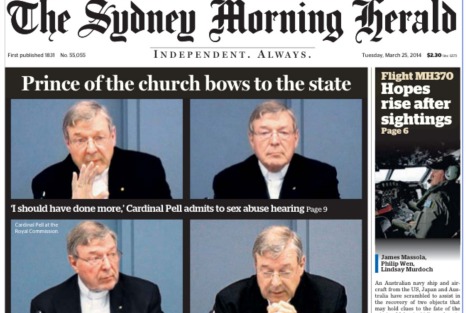
AUSTRALIA
- Frank Brennan
- 28 March 2014
82 Comments
As an institution, the Catholic Church has been dragged kicking and screaming. Cardinal Pell has been put through the wringer, though admittedly nowhere near to the same extent as was John Ellis when the Church decided to unleash the legal attack dogs on him in litigation which was euphemistically described as vigorous and strenuous.
READ MORE 
-
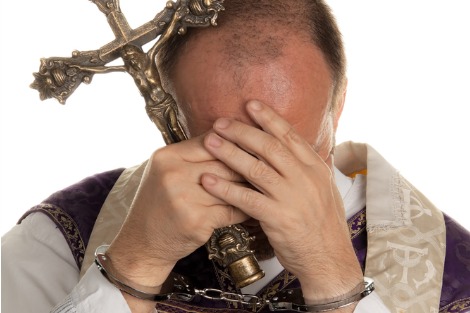
RELIGION
- Carmel Ross
- 14 March 2014
23 Comments
Reports from the Royal Commission this week have focused on the efforts of John Ellis to have his experience of sexual abuse as a teenage boy, perpetrated by a Catholic priest, acknowledged and adequately addressed by the Church. The finding by the High Court that Australian law as it stands does not allow an individual to sue the Catholic Church is an untenable situation if our nation believes justice for individuals is important.
READ MORE 
-
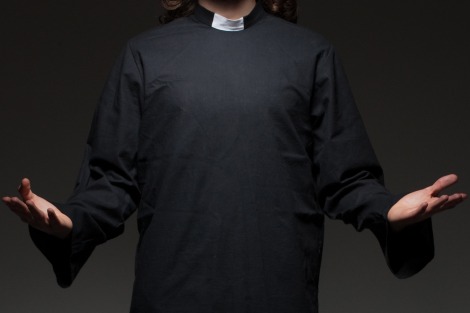
RELIGION
- Pat Power
- 14 February 2014
49 Comments
Most priests believe the Royal Commission was very much needed to face up to a terrible episode in the Church's history. They also believe that sexual abuse took place in an environment of clericalism which was imposed by the highest authority in the Church, and which they felt powerless to confront. 'Father is always right' operated from the Pope down and any questioning of it was seen as disloyal or even heretical.
READ MORE 
-
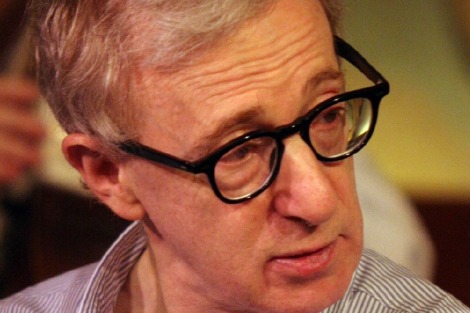
INTERNATIONAL
- Zoë Krupka
- 05 February 2014
22 Comments
On Saturday Dylan Farrow accused her adoptive father, the filmmaker and actor Woody Allen, of sexual assault for the second time. She first made these allegations when she was seven years old. There is a real ethical concern when allegations that have been denied in court continue to be raised publicly. We need to be able to forge a difficult balance between making space for ongoing doubt and fuelling public vilification.
READ MORE 
-

RELIGION
- Geraldine Doogue
- 14 January 2014
13 Comments
I wish he would invite me to be his temporary consultant, to offer him advice for his next 500 days. I'd begin by proposing a substantial Vatican-led inquiry, into why the Church has been so troubled by sexual abuse across various countries. Then I would point to the experiences of several large secular institutions, including the New York Times and US Army, that have rebuilt after crises.
READ MORE 
-

AUSTRALIA
- Ray Cassin
- 13 January 2014
3 Comments
It can't be denied that the chief impetus for the creation of this royal commission has been the appalling record of concealment of abuse in Catholic institutions. If that record did not exist, the royal commission would not exist. And Catholics — especially bishops and major superiors — cannot evade this fact by complaining.
READ MORE 
-

RELIGION
- Andrew Hamilton
- 06 January 2014
6 Comments
I indulge a passing self-congratulatory thought that the Pope is, like me, a Jesuit, and will understand our Jesuit ways. And that the Church, of course, will benefit immeasurably from his Jesuit training. That is immediately followed by a touch of anxiety: perhaps he will understand our ways all too well.
READ MORE 
-
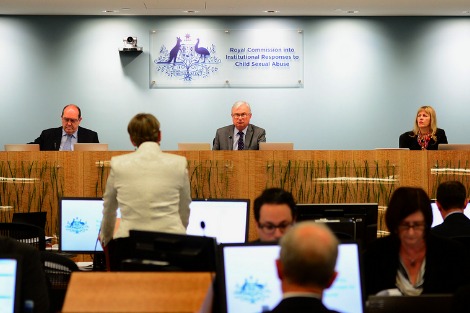
RELIGION
- Jane Anderson
- 11 December 2013
42 Comments
Last week I went to the Royal Commission and had a private session, which means, in short, that I am a victim of sexual abuse. That history spanned nearly three decades. My encounters with one perpetrator prepared me for more harrowing experiences during adolescence, and later in a marriage that turned violent. While I commend the Royal Commission process for its sensitivity and professionalism, I would like to offer some alternative thinking.
READ MORE
-
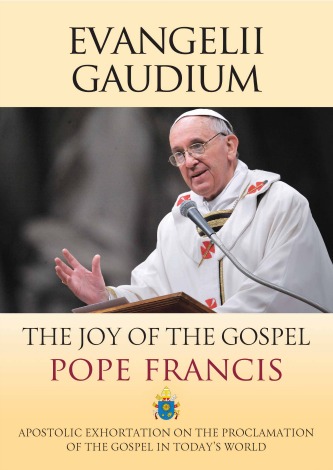
RELIGION
- Andrew Hamilton
- 05 December 2013
24 Comments
To my knowledge this is the first church document that refers to 'sourpusses'. It must be the first lengthy papal document for some time, too, that refers to the Magisterium only twice in passing. Nor does Pope Francis refer explicitly to clerical sexual abuse. Francis is not interested in radical institutional or doctrinal change but wants to help a dysfunctional church work better at compassionately communicating God's love.
READ MORE
-

RELIGION
- Peter Kirkwood
- 04 December 2013
12 Comments
READ MORE
-
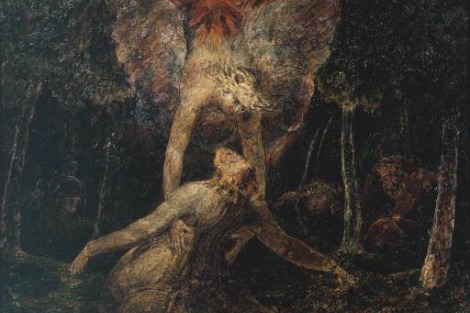
RELIGION
- Stephen de Weger
- 27 November 2013
82 Comments
Is there an agony in the garden of Catholicism which has yet to be faced — the dark figure of clerical sexual misconduct involving adults? From my research into this issue, two aspects have become quickly apparent: that it is a 'known unknown' within Catholic life, and that it is a very complex issue. That it occurs is not in doubt. More often than not, the victim is blamed.
READ MORE 
-
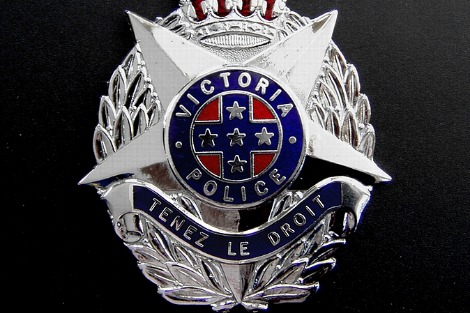
RELIGION
- Frank Brennan
- 26 November 2013
32 Comments
The Catholic Church hierarchy now seems more prepared to admit institutional and personal failures prior to 1996. They are yet to admit the pervasive, closed clericalist culture which infected the Church until at least 1996, but that will come. Let's hope that the Victorian police can also now move forward admitting past mistakes without manufacturing excuses which do not withstand the contemporary spotlight.
READ MORE 